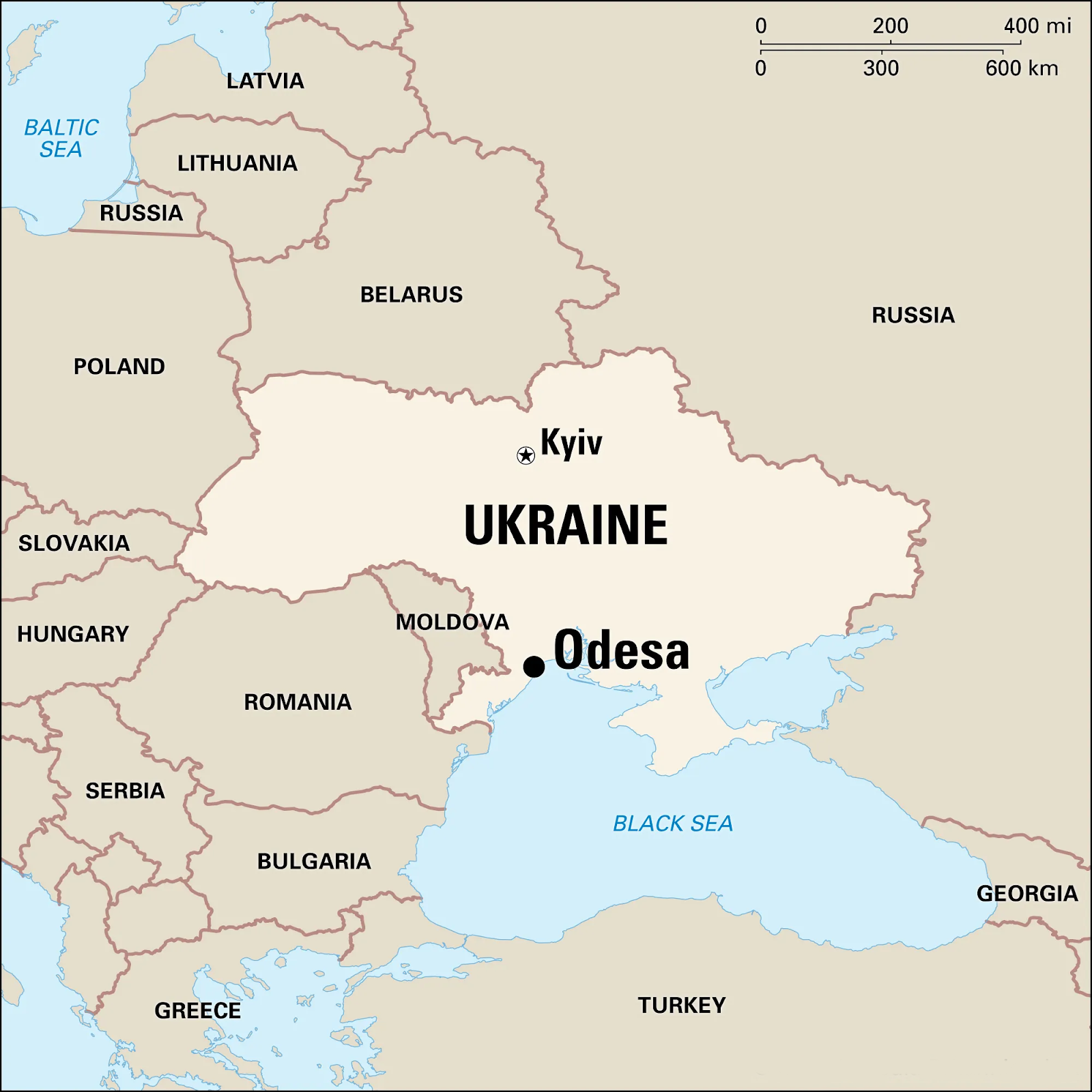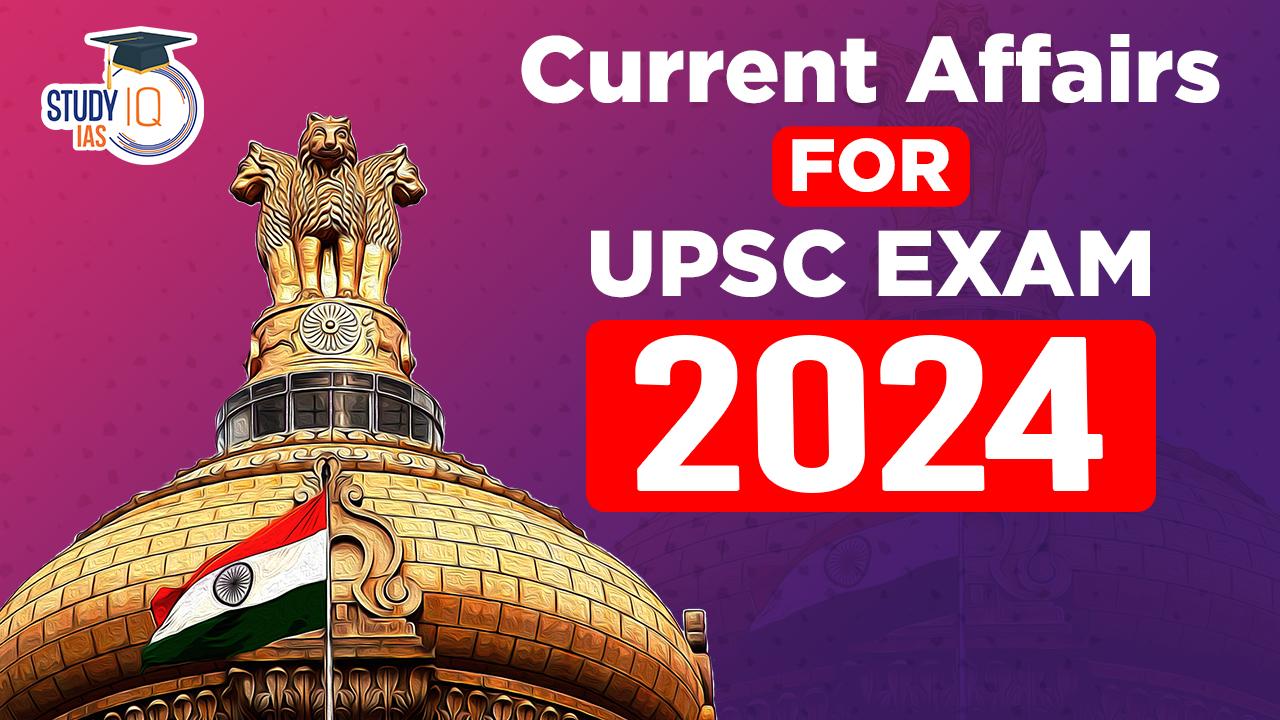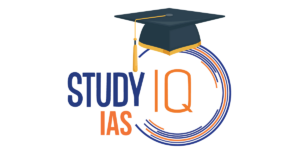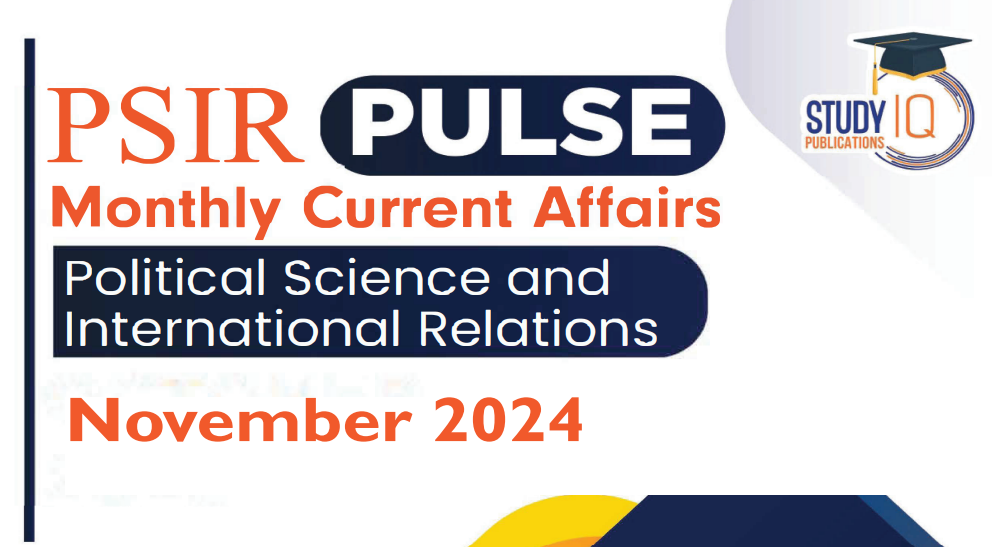Table of Contents
Odesa
Context: Russia attacked the Southern Ukrainian city of Odesa.
About Odesa
- Location and Significance: Odessa, also spelled Odesa, ranks as Ukraine’s third-largest city, known for its vital seaport and position as a transportation nexus in the country’s southwest, near the Black Sea’s northwestern coast.
- Nicknames: The city is affectionately dubbed “The Pearl by the Sea,” recognized also as “The Southern Capital,” “Odessa-mama,” and likened to “Southern Palmyra” for its significance and charm.
- Maritime Facilities: It operates as an all-season port and encompasses the Port of Odessa as well as the Port Yuzhny, which houses a substantial oil terminal in the city’s outskirts.

Recognition:
- In 2023, The World Heritage Committee decided to add the historic centre of Ukraine’s Black Sea port city of Odesa to its list of World Heritage sites.
- It has also been inscribed on the List of World Heritage in Danger.
We’re now on WhatsApp. Click to Join
Use of Technology to prevent financial frauds
Context: The RBI Governor Shaktikanta Das at RBI Ombudsman’s annual conference in Mumbai highlighted the importance of merging tech with behavioural studies that can effectively detect irregular consumer behaviours, aiding fraud prevention.
Technology aiding in preventing financial fraud
- Advanced-Data Analytics and Machine Learning:
- Financial institutions leverage AI and ML algorithms to analyse vast datasets in real-time.
- These algorithms identify patterns and anomalies indicative of fraudulent behaviour.
- By continuously learning from historical data, they adapt to new fraud tactics.
- Transaction Monitoring:
- Vigilant monitoring of customer records and transactions helps detect any suspicious activities or exceptional changes.
- Real-time alerts allow for timely intervention when unusual transactions occur.
- Biometric Authentication:
- Biometrics, such as fingerprint or facial recognition, enhance security.
- They provide a unique and difficult-to-replicate identifier for user authentication.
- Blockchain Technology:
- Blockchain ensures secure and transparent transactions.
- It prevents unauthorised alterations to financial records and enhances trust.
- Behavioural Analytics:
- Analysing user behaviour helps detect deviations from normal patterns.
- Unusual login times, spending habits, or transaction locations trigger alerts.
- Fraud Detection Models:
- Institutions use predictive models to assess risk.
- These models evaluate various factors to identify potential fraud cases.
- Real-time Alerts and Notifications:
- Automated alerts notify users of suspicious activities immediately.
- Users can take prompt action to prevent further damage.
- Encryption and Secure Communication:
- Encryption ensures that sensitive data remains confidential during transmission.
- Secure communication protocols protect against interception.
- Artificial Intelligence in Customer Service:
- AI-powered chatbots assist customers, answer queries, and verify transactions.
- They reduce response time and enhance user experience.
- Collaboration and Information Sharing:
- Financial institutions collaborate to share threat intelligence.
- Information sharing helps prevent fraud across the industry.
Gaganyaan
Context: India announced four Air Force officers selected for Gaganyaan, the nation’s first human spaceflight mission. This will be India’s first astronaut launch in 40 years, aboard an Indian spacecraft.
Why Does India Want a Stake in Space Technologies?
India’s ambitions in Space exploration are driven by two main goals
- Securing a seat at the table in the new space race:
- Only three countries (US, Russia, China) have conducted human spaceflight missions.
- Renewed interest in the Moon for resource extraction and colonisation is sparking a new space race.
- Participating ensures access to rights, resources, and cutting-edge technologies.
- Early adoption benefits India’s scientific and technological development.
- Space programs historically lead to spin-off technologies with broad applications (e.g., MRI, heart implants).
- Achieving technological independence:
- India has faced technology denial from other countries in the past.
- US denied cryogenic rocket technology in the 1990s, hindering India’s space program.
- Sanctions after 1998’s nuclear tests limited access to basic components.
- The COVID-19 pandemic exposed vulnerabilities in relying on foreign supplies (e.g., PPE kits, and medicine).
- Developing a domestic space program fosters a robust science and technology ecosystem.
- This reduces reliance on foreign technology and avoids future “blackmail” tactics.
- India has faced technology denial from other countries in the past.
India’s Push for Technological Self-Reliance
The Indian government is actively promoting domestic research and development:
- Increased focus on indigenization, capacity building, and domestic manufacturing.
- Priority sectors include defence, space, communication, and energy.
- Recent initiatives:
- Green hydrogen mission.
- Quantum computing mission.
- National policy on deep-tech.
- Joining international scientific projects (LIGO, Square Kilometre Array).
- Rs 1 lakh crore fund for low-cost/interest-free R&D loans.
- Promoting deep-tech capabilities in defence.
- Encouraging foreign companies to set up chip and semiconductor manufacturing facilities in India.
Challenges and Considerations
The scientific community welcomes these initiatives but emphasises the need for:
- Sustained attention and engagement.
- Addressing core issues in science education and research.
- Increased resources (human and financial) for robust scientific output.
- Improved research quality and quantity are crucial for becoming a technology leader.


 Pariksha pe Charcha 2025, Overview, Even...
Pariksha pe Charcha 2025, Overview, Even...
 National Policy on Framework on Agricult...
National Policy on Framework on Agricult...
 How Scientists used Scotch tape to Creat...
How Scientists used Scotch tape to Creat...




















